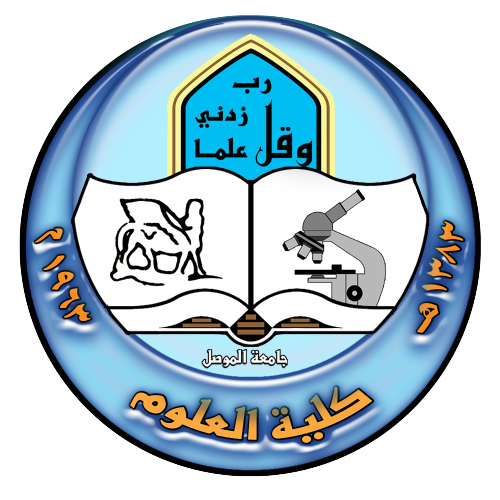Vision, Mission, and Goals – Department of Geology and Petroleum Sciences
Vision
To establish a modern scientific department with advanced curricula and highly qualified college members that meet international standards, alongside efforts to make the department’s building a scientific hub equipped with specialized and technologically advanced laboratories, furnished with all modern scientific equipment and devices.
Mission
The Department of Geology and Petroleum Sciences aims to provide the country’s scientific community with highly qualified graduates who will contribute to the implementation of development plans and raise the levels of progress both academically and practically in the field of Earth sciences.
Goals
The importance of Ge ology and Petroleum sciences lies in meeting the requirements of human life, as every branch of geology is strongly connected to aspects of industrial, agricultural, economic, or service life. The main focus of geologists is exploration and discovering natural resources, which include oil, gas, coal, metallic and non-metallic ores, as well as water resources. All of these are essential for the growth of communities, maintaining industrial progress, enhancing agricultural production, and safeguarding the environment now and in the future. Geologists also help choose safe sites for large-scale projects like dams and power stations, and work to mitigate the risks of natural disasters like earthquakes and volcanic eruptions by predicting them and contributing to the development of plans and measures to minimize their human and material impacts. As Karl Taylor stated in 1938, “The geologist is the one who creates wealth, as it is through them that useful resources can be discovered.”
The main goals can be summarized as follows:
- Offering undergraduate and graduate courses and conducting scientific, academic, and applied research in Earth sciences.
- Providing qualified scientific personnel needed to implement geological plans for government institutions.
- Preparing the department as a consulting entity for geological projects of government agencies.
- Participating in executing geological programs for both the public and private sectors.
- Undertaking service projects that support investment projects in the country.

